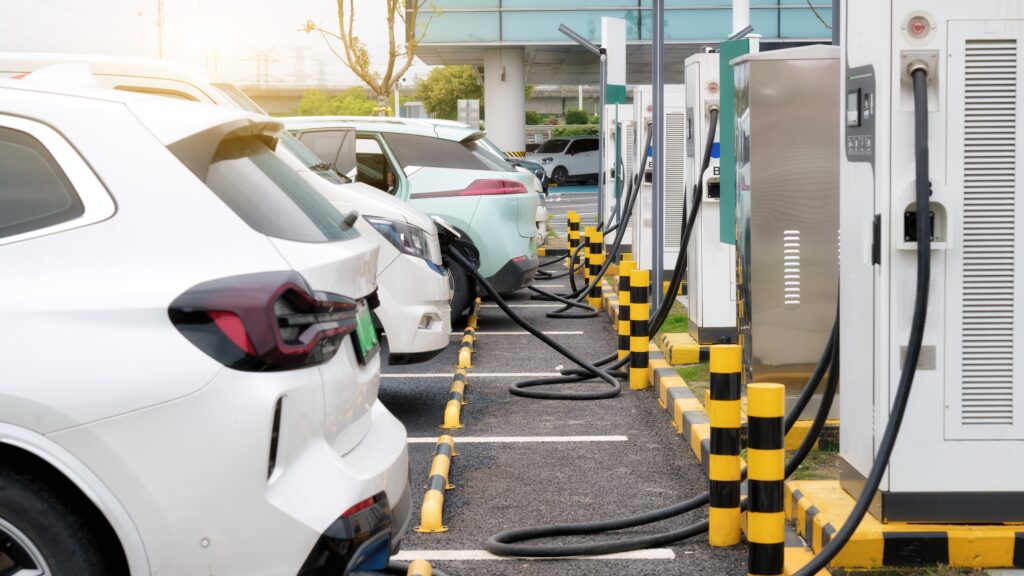Germany’s move to electric vehicle (EV) production may eliminate 186,000 jobs by 2035. A quarter of these jobs are already gone. This shift, analyzed by the Prognos Research Institute for the German Association of the Automotive Industry (VDA), shows the tough road ahead for Europe’s car sector.
The EV transition has triggered major restructuring. Companies like Volkswagen are adapting, with plans to close three German plants. This move aims to cut costs and align production with new market demands.
The Prognos report, titled “Employment Prospects in the Automotive Industry,” reveals that since 2019, the automotive sector has lost 75,000 jobs. Metalworking roles suffered nearly 8,900 of these cuts. Although 29,000 new hires occurred, primarily in automotive engineering, the net job loss stands at 46,000.
By 2035, another 140,000 jobs may be at risk as production shifts to battery-electric vehicles. Future employment depends on the supply of skilled workers and the regulatory landscape, which can either attract or deter new investments.
VDA President Hildegard Müller emphasized the industry’s commitment to change. She noted German automakers and suppliers will invest €280 billion in research and development from 2024 to 2028. An additional €130 billion will upgrade production facilities, reflecting a concerted effort to lead the EV transition.
Jobs at Risk and Emerging Opportunities
Traditional roles in metal construction and processing are fading, while new roles are growing in automotive engineering, technical research, and software development. IT-related jobs in the automotive sector have risen 25% since 2019 and 85% since 2013.
Future job opportunities will focus on computer science, information technology, and mechatronics. Meanwhile, business management and administration roles face a potential oversupply.
To meet demand for skilled workers, companies are urged to offer in-house training. This approach aims to bridge the skills gap and create a more resilient workforce.
Challenges to Competitiveness
The Prognos report highlights concerns about Germany’s investment climate. Surveys show 82% of VDA member companies are delaying, relocating, or canceling planned investments. Additionally, 37% are considering shifting investments abroad.
To boost competitiveness, the study calls for targeted policy changes. Key measures include reducing energy costs, simplifying regulations, reforming the tax system, and pursuing more free trade agreements. These steps aim to secure Germany’s position as a leader in the EV industry.
